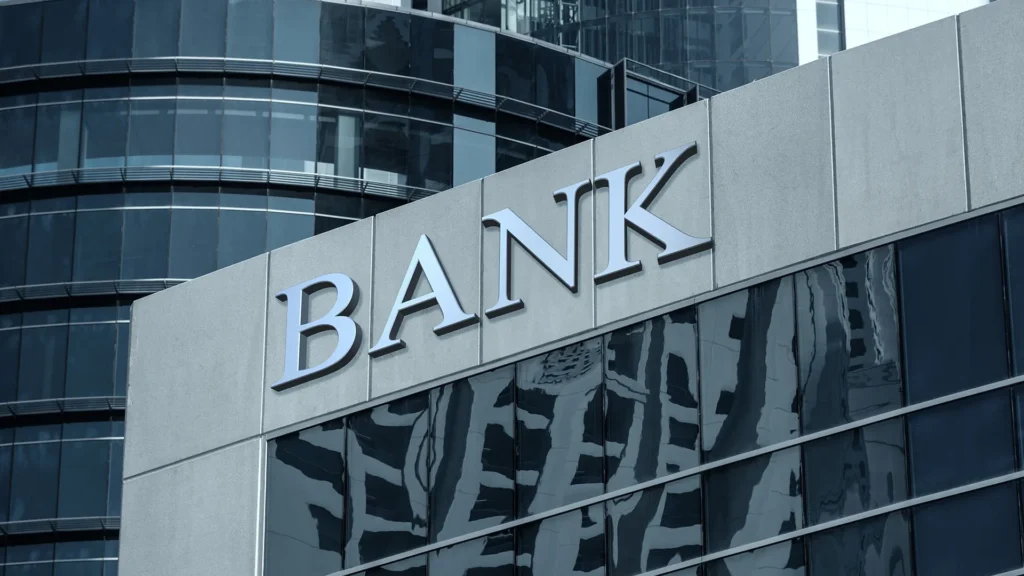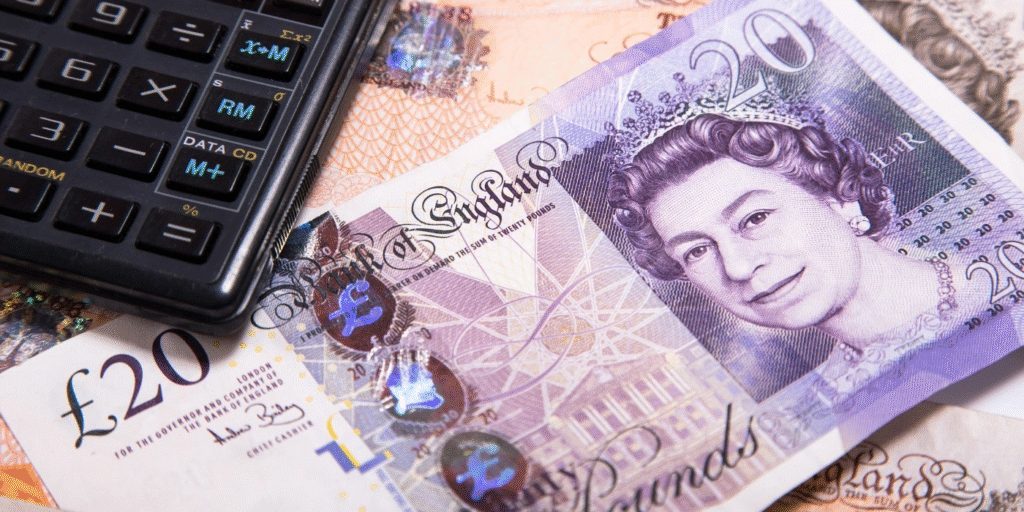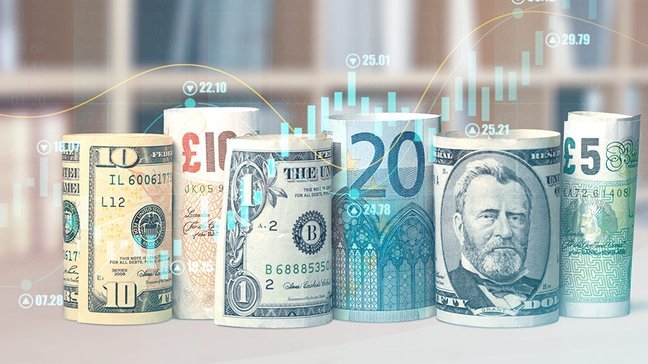For students heading abroad with foreign currency or those working cash-based jobs who plan to return home soon, understanding how to exchange currency can be a big part of their study abroad journey. Without knowing the common traps, students might end up paying more than necessary and have less to spend during their trip.
Here’s a handy guide to help you swap your money without getting hit by crazy fees.
Where to Exchange Currency
You’ll find plenty of places to exchange currency worldwide—banks, exchange kiosks, airports, hotels, and ATMs. But keep in mind, not all options charge the same rates. Some businesses, especially in touristy spots, take advantage of travelers to make extra profit.
Always check the exchange rates, fees, and charges before swapping your cash. And as a general rule, it’s smarter to do this before you leave.

Banks

Banks and credit unions usually offer the best exchange rates with the lowest fees. To snag the best deal, exchange your money before you travel. Many banks provide currency exchange services, though some may charge a small fee if you’re exchanging below a certain amount (each bank sets its own rules).
Some banks let you order foreign currency online, by phone, or in person. You can either have it delivered or pick it up at a branch. Certain providers even offer next-day pickup or overnight shipping.
International Banking Apps
When traveling, downloading an international banking app can be a game-changer. Many of these apps offer great exchange rates, let you hold multiple currencies, and make transferring money abroad a breeze.
With a multi-currency account, you can keep funds in different currencies—super handy if you travel often. This way, you avoid the ups and downs of exchange rates since you’ll always have money ready for your next trip.
If you regularly send money abroad to family or friends, pick a provider that’s transparent about fees. For example, WorldRemit’s app has a built-in currency converter so you can check rates easily.
- A guide to international student bank accounts in Canada
- A guide to international student bank accounts in the US
- A guide to international student bank accounts in the UK
- A guide to international student bank accounts in Australia

Currency Exchange Kiosks
If you didn’t plan ahead, you might be tempted to duck into a currency exchange kiosk at a shopping mall or tourist spot. While they’re convenient, their rates are usually worse than your home bank’s, and they often sneak extra fees into their poor exchange rates.
Hotels and Airports

Hotels and airports might be the easiest places to exchange money, but they’re rarely the cheapest—so try to avoid them if you can.
If you have to use one, compare rates first and check if there’s a minimum or maximum amount you need to exchange to get the best deal.
ATMs

Once you’re abroad, your bank’s ATM network is usually your best bet for getting cash. You can withdraw local currency at competitive rates with low fees (around 1-3%). Check your bank’s app or website to find the nearest ATM.
If your bank charges ATM fees, it’s better to withdraw larger amounts at once. Avoid standalone ATMs (the ones not linked to a bank), as they often charge extra fees. Otherwise, you could end up paying both your bank and the ATM owner.
More Tips for Exchanging Money Abroad
- Skip airport kiosks and exchange desks—They’re convenient, but their fees are ridiculously high (sometimes up to 20%) and their rates are much worse than banks or private exchange services.
- Check if your credit card works internationally—Some cards charge foreign transaction fees, cash advance fees, or service charges. Look for cards with no foreign transaction fees.
- Debit cards may have hidden fees—Use them only for ATM withdrawals, not for shopping or dining, to avoid extra charges.
- Prepaid foreign currency cards—These work like debit/credit cards but are preloaded with a set amount of foreign cash. Watch out for withdrawal limits, inactivity fees, or other restrictions.
- Use local banks—They usually offer better rates and lower fees than airports or hotels.
- Traveler’s checks aren’t accepted everywhere—They’re safer than cash (since they can be replaced if lost), but many places don’t take them anymore.
- Always choose local currency—Paying in the local currency helps you dodge hidden conversion fees.

